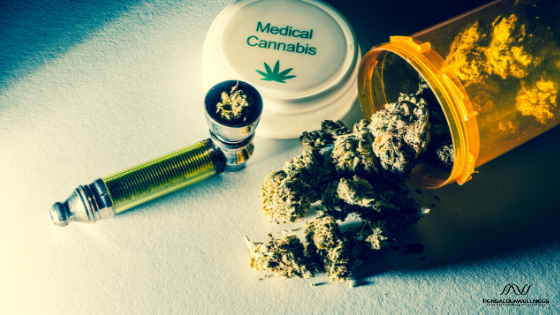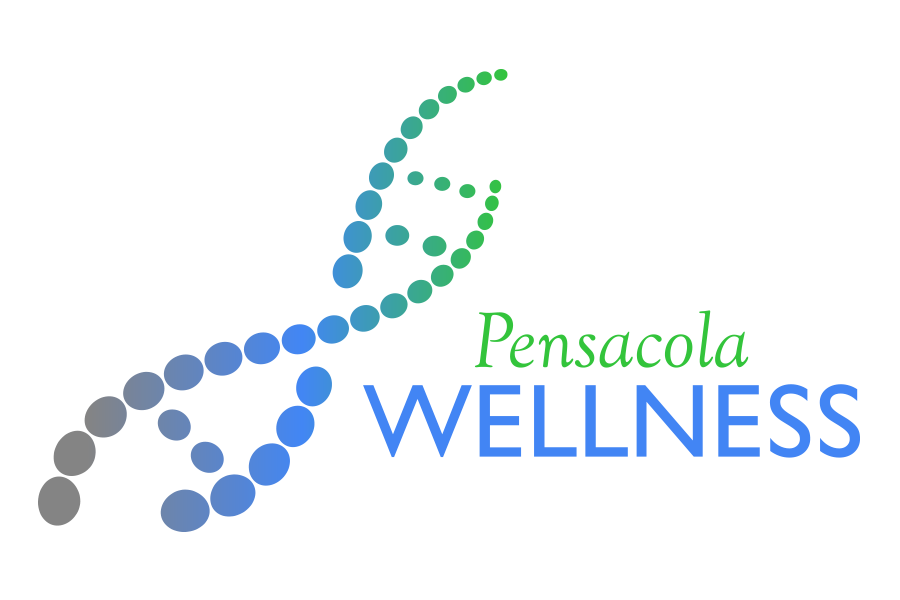
In Florida, medical marijuana is distinct from low-THC cannabis in that it can contain significant amounts of tetrahydrocannabinol (THC). THC is the chemical compound that causes the “high” commonly associated with cannabis. Unlike low-THC cannabis, the consumption of medical marijuana can lead to potent psychoactive effects in patients.
Patients often have a lot of questions about medical marijuana use, so we’ve rounded up all of the questions and answers to help our patients understand the Florida laws and general information on medical marijuana and cannabis!
Low-THC cannabis means a plant of the genus Cannabis, the dried flowers of which contain 0.8 percent or less of tetrahydrocannabinol and more than 10 percent of cannabidiol weight for weight; the seeds thereof; the resin extracted from any part of such plant; or any compound, manufacture, salt, derivative, mixture or preparation of such plant or its seeds or resin that is dispensed only from a dispensing organization. Low-THC cannabis contains very low amounts of the psychoactive compound THC and typically does not result in the “high” often associated with medical cannabis.
Medical marijuana means all parts of any plant of the genus Cannabis, whether growing or not; the seeds thereof; the resin extracted from any part of the plant; and every compound, manufacture, sale, derivative, mixture or preparation of the plant or its seeds or resin that is dispensed only from a dispensing organization for medical use by an eligible patient. Medical marijuana contains significant levels of the cannabinoid THC, and can result in the euphoric “high” sensation.
Source: Florida Department of Health
A marijuana delivery device is an object used, intended for use, or designed for use in preparing, storing, ingesting, inhaling or otherwise introducing marijuana into the human body, and which is dispensed from a medical marijuana treatment center for medical use by a qualified patient.
Source: Florida Department of Health
Absolutely! All medical marijuana treatment centers in Florida are authorized to deliver statewide. If you do not have a medical marijuana treatment center near you, you may contact one of the businesses listed on the Florida Department of Health’s website to arrange for a delivery of low-THC cannabis, medical marijuana or a marijuana delivery device.
Source: Florida Department of Health
Permanent Florida residents and seasonal residents with a qualifying condition that reside in the state for at least 31 consecutive days in each calendar year and maintain a temporary residence may be eligible for medical marijuana. Conditions which may be eligible for a medical marijuana recommendation include but are not limited to:

- Be diagnosed with a qualifying condition
- Be entered into the Medical Marijuana Use Registry by a qualified physician
- Obtain a Medical Marijuana Use Registry Identification Card
- Be a Florida resident or a seasonal resident | Source: Florida Department of Health
Source: Florida Department of Health
A qualified patient must first seek treatment from a qualified physician. A qualified physician must input the patient into the Medical Marijuana Use Registry. Once the physician inputs the patient’s information, the patient must apply and be approved for a medical marijuana use identification card. Once approved, patients must go to or seek delivery from an approved Medical Marijuana Treatment Center. Medical Marijuana Treatment Centers may only provide low-THC cannabis, medical marijuana or a marijuana delivery device to a qualified patient or a qualified patient’s legal representative.
Source: Florida Department of Health
In our area, we have have two approved Medical Marijuana Treatment Centers: Surterra Wellness & Trulieve.
Surterra Wellness
5046 Bayou Boulevard, Unit A
Pensacola, FL 32503
Trulieve
3119 North Davis Highway
Pensacola, FL 32503
Florida law defines a caregiver as a resident of Florida who has agreed to assist with a qualified patient’s medical use of marijuana, has a caregiver identification card and meets all requirements under Florida law.
- A caregiver must:
- Be 21 years of age;
- Agree in writing to assist with a qualified patient’s medical use of marijuana
- Be registered in the medical marijuana use registry as a caregiver for no more than one qualified patient, unless exempted from this requirement by Section 381.986(6), F.S.; and
- Meet all other requirements of Section 381.986(6), F.S.
- A caregiver may not:
- Be a qualified physician;
- Be employed by or have an economic interest in a medical marijuana treatment center or a marijuana testing laboratory; or
- Receive compensation, other than actual expenses incurred, for any services provided to the qualified patient.
Source: Florida Department of Health
No.
Qualifying physicians can order no more than three 70-day supplies within a physician certification for the medical use of low-THC cannabis or medical marijuana for qualified patients.
Source: Florida Department of Health
The law requires that qualified physicians may only issue a certification if they conduct a physical examination while physically present in the same room as the patient and a full assessment of the medical history. A certification may not be issued through telemedicine.
Source: Florida Department of Health
- As stated in Section 381.986(1)(j),F.S.
- Possession, use or administration of marijuana that was not purchased or acquired from a medical marijuana treatment center.
- Possession, use or administration of marijuana in a form for smoking, in the form of commercially produced food items other than edibles, or of marijuana seeds or flower, except for flower in a sealed, tamper-proof receptacle for vaping.
- Use or administration of any form or amount of marijuana in a manner that is inconsistent with the qualified physician’s directions or physician certification.
- Transfer of marijuana to a person other than the qualified patient for whom it was authorized or the qualified patient’s caregiver on behalf of the qualified patient.
- Use or administration of marijuana in the following locations: a. On any form of public transportation, except for low-THC cannabis.
b. In any public place, except for low-THC cannabis.
c. In a qualified patient’s place of employment, except when permitted by his or her employer.
d. In a state correctional institution, as defined in s. 944.02, or a correctional institution, as defined in s. 944.241.
e. On the grounds of a preschool, primary school, or secondary school, except as provided in s. 1006.062.
f. In a school bus, a vehicle, an aircraft, or a motorboat, except for low-THC cannabis
CBD (cannabidiol) is found primarily in extractions from the hemp plant. THC (tetrahydrocannabinol) is the main psychoactive compound in marijuana. Both compounds interact with your body’s endocannabinoid system but they have very different effects.
Despite their similar chemical structures, CBD and THC do not have the same psychoactive effects. CBD is actually a nonpsychoactive compound, meaning that it doesn’t produce the “high” associated with THC. However, CBD and THC have many of the same benefits.
CBD is used to help with various medical conditions in both humans and pets, such as:
- Seizures
- Inflammation
- Pain Relief
- Psychosis or Mental Disorders
- Inflammatory Bowel Disease
- Insomnia
- Nausea
- Acne
- Migraines
- Heart Disease
- Depression
- Anxiety
Pensacola Wellness Solutions is now able to provide patients with a naturally therapeutic alternative to conventional methods of therapy that have failed to treat or alleviate their current debilitating medical condition(s) or ailment(s). If you’re seeking to use low-THC cannabis or medical cannabis, visit our Medical Marijuana & Cannabis page for more information on how to qualify as a patient and our office policies and fees!

Leave a Comment